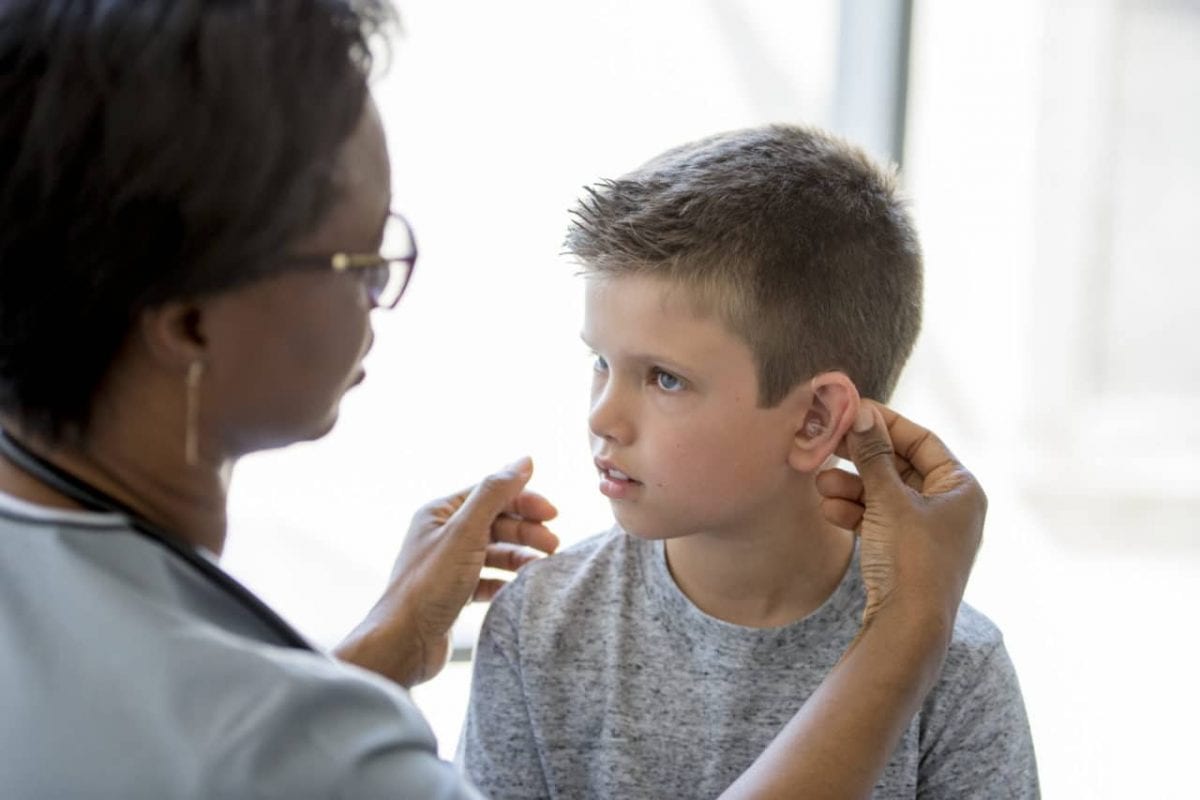Humans can experience hearing loss at any age. Pediatric hearing loss can be particularly tragic, though. It might not surprise you to see an older adult with a hearing aid, but seeing a young child straining to hear is heartbreaking.
If a child has hearing loss that starts at birth, or they experience it during their toddler years, that’s problematic. Kids need to be able to hear at this stage because if they can’t, they won’t learn the language that people speak around them.
There are treatments that can restore language development, but you’d hope your child never reaches that point. Figuring out they have hearing issues and combating them as soon as possible is always a smart move. For more information about hearing loss here’s a guide from medicalprices
Let’s talk more about pediatric hearing loss and what you can do about it.
Fluid Accumulation
Fluid accumulation is a possible pediatric hearing loss cause. A child might have an allergy or a cold. Fluid accumulates in the middle ear, which can cause hearing problems.
This hearing loss is usually temporary. Once the symptoms die down, the ear fluid buildup drains naturally.
About 1 in 10 children have some fluid remain in the inner ear, though. They won’t hear as well as they ought to, and you may notice speech delays.
The good news is that this is conductive hearing loss, meaning there’s fluid in the middle ear. It could mean that the outer ear canal or middle ear has a structural abnormality. Conductive hearing loss often has some relatively easy fixes.
Cochlear Hearing Loss
Doctors generally consider cochlear hearing loss to be more serious. They sometimes call it sensorineural hearing loss. This is where you have an inner ear abnormality or there’s something wrong with the sound message-carrying nerves.
Most parents notice this issue at birth or shortly afterward. Their child will not be sound-responsive. With conductive pediatric hearing loss, by contrast, the parent might only notice it when the child is several months or even a couple of years old.
Family Deafness History
Deafness does have some genetic indicators. If a family knows about it, they’ll probably watch for early-onset hearing problems.
If the mother had German measles, also called rubella, or another infectious illness during pregnancy, that can cause the baby’s hearing loss as well. You should know that with pediatric hearing loss, most commonly, there is no family deafness history.
Hearing Examinations
If the parents notice their baby or young child seems to have hearing problems, the most critical thing is that they act without delay. The longer they wait, the more likely the child will have language learning problems and will need help catching up later.
There are two painless hearing tests that a doctor can give a child. They can even administer the tests while the child is sleeping if they don’t wish to cooperate.
There is what the doctors call an otoacoustic emission test. This measures the sound waves the inner ear produces. The doctor places a probe in the child’s ear canal, and then they measure the response as they play clicks or tones.
An auditory brainstem response test is the other kind. In that test, the doctor plays clicks or tones into the baby’s ear through soft earphones. They also place electrodes on the child’s head to measure the brain as it responds.
The auditory brainstem response test is the perfect solution for a fussy child. The doctor does not need the child to cooperate in any way.
How Can You Figure Out Whether Your Child Needs a Hearing Test?
If a baby or a young child does have pediatric hearing loss, the parents will probably be able to figure it out before too long. The child might seem to hear some sounds, but not others. They also might not respond when one of the parents calls them.
Delayed speech is another strong indicator. The child also might not notice the parent until they make eye contact or until the parent moves to within their visual field.
It’s distressing if you find out that your child is having hearing problems, but there’s no need to panic. There are tests that doctors can run, and once they have determined the issue, they can talk about solutions with you.
We know much more about hearing problems now than we used to, and we have more ways to treat them. The chances are good that medical science can help your child, and they should still be able to lead a normal life.








